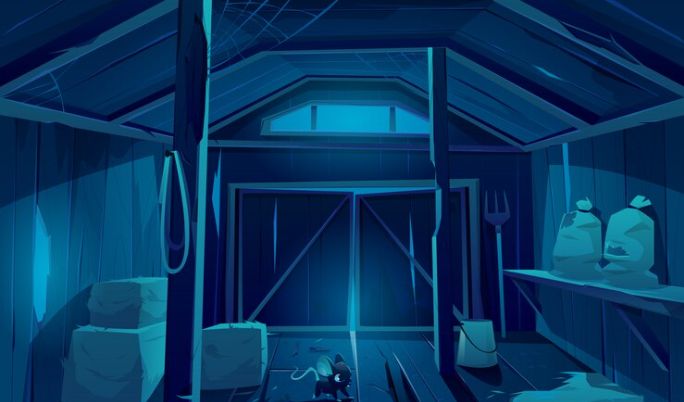In recent years, private nuclear bunkers have become an increasingly popular investment for individuals concerned about global security threats. From basic underground shelters to luxurious, self-sustaining facilities, the market for these disaster preparedness structures is growing rapidly. Despite the surge in bunker sales, experts caution that these shelters may offer a false sense of security in the face of nuclear warfare, which could have catastrophic and far-reaching effects.
Growing Fears Amid Rising Global Tensions
The global geopolitical landscape has become more fraught with tensions, as military spending on nuclear weapons has reached alarming levels. In 2023, global military expenditures on nuclear weapons surpassed $91.4 billion, sparking concerns over the future of global security and increasing fears of a potential nuclear conflict. Against this backdrop, sales of private bunkers have escalated worldwide, driven by individuals seeking a perceived safety net in case of a nuclear strike.
Take the case of Bernard Jones Jr. and his wife, Doris, who invested in a lavish underground shelter when building their dream home in California’s Inland Empire. The home featured a hidden bunker equipped with beds for 25 people, multiple kitchens, and a self-sufficient energy system, designed to withstand nuclear fallout and other catastrophic events. “The world’s not becoming a safer place. We wanted to be prepared,” said Jones. However, two years ago, he sold the home, indicating that his concerns over global security and the effectiveness of the bunker ultimately didn’t align with his long-term needs.
The Allure of Nuclear Bunkers
The market for bomb shelters, especially in the United States, is booming. According to BlueWeave Consulting, sales of nuclear and fallout shelters are expected to grow from $137 million in 2023 to $175 million by 2030. The growth is largely attributed to increasing public fears about nuclear attacks, terrorism, and civil unrest. Shelters range from basic, small steel boxes to extravagant underground mansions that offer luxury and self-sufficiency, complete with filtration systems for air and water, full kitchens, and entertainment spaces.
While some see these bunkers as an essential investment for disaster preparedness, others view them as an overblown response to the actual risks posed by nuclear threats.
Experts Caution Against False Security
Despite the rising sales, experts in nuclear disaster response and emergency management are concerned about the long-term viability and effectiveness of these private bunkers. The Federal Emergency Management Agency (FEMA) provides guidelines for nuclear detonation preparedness, but these primarily focus on the importance of seeking shelter in existing structures. According to FEMA, the key advice in the event of a nuclear strike is to “get inside and stay inside.” The agency’s 100-page guide outlines how people should shelter in basements or interior rooms away from exterior walls, which can provide adequate protection from radioactive fallout for at least 24 hours.
Nuclear experts argue that bunkers, especially those designed for long-term habitation, offer an illusory sense of safety. The scale of destruction caused by a nuclear blast would likely make survival in an underground shelter not just unlikely, but impractical. Furthermore, they stress the importance of addressing the root causes of nuclear threats—such as the global proliferation of nuclear weapons—rather than relying on private shelters as a solution.
The Real Threats of Nuclear Conflict
Critics of the bunker trend warn that such investments may distract from more pressing, and realistic, measures to address the dangers posed by nuclear weapons. The focus, they argue, should be on disarmament, diplomatic solutions, and preventing the spread of nuclear weapons. As the world faces the very real threat of nuclear escalation and geopolitical instability, preparing for the worst through private shelters may be less effective than fostering international cooperation to address the broader issues at play.
Conclusion
The increasing demand for private nuclear bunkers reflects growing concerns about global security and the potential for nuclear conflict. While the appeal of having a personal sanctuary in the event of a disaster is understandable, experts caution that these investments may provide a false sense of security. Practical advice from agencies like FEMA emphasizes the importance of basic shelter rather than extravagant underground bunkers. Ultimately, addressing the root causes of nuclear threats and fostering international peace may be the most effective way to reduce the risks posed by nuclear weapons.
References:
- BlueWeave Consulting, 2023 Market Report on Bomb Shelters.
- Federal Emergency Management Agency (FEMA) Nuclear Detonation Response Guidelines.
- Global Nuclear Weapons Spending, 2023 Report.
Image by vectorpouch on Freepik



